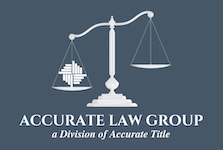An energy audit can help identify renovations that improve the efficiency of your home. If your residence is older than 2006, you should evaluate an energy audit. The following is general information on reducing energy costs for NH homes.
Energy Audit Components
An Energy Audit assesses different elements of your property. The fee for a professional audit can range based on the square footage of your home and the scope of the audit. They commonly cost a few hundred dollars, although special pricing is often offered by energy companies or city programs. Professional auditors use a wide range of equipment to measure energy loss. Equipment such as infrared detectors can reveal hard to find areas of air escape and faulty insulation.
Reducing Energy Costs For NH Homes
Energy audits pinpoint reasons for heat loss such as gaps in face plates. It can also include an assessment of appliances, the wattage of light bulbs that you use, the rating of your heating system, the type of thermostat that regulates the heating system, insulation in floors, and water usage routines. Although some items can be expensive, they normally pay for themselves in a short period of time. The repairs can also elevate the value of your home and make it more comfortable. Advice on selecting an auditor can be found at the US Department of Energy website.
Homeowners can perform a introductory do-it-yourself home energy audit by tracking down air gaps in easy to find areas such as windows and doors. Outlets and pipes are other typical sources of air leaks. Caulking leaks can be inexpensive but lead to tremendous savings. General best practices include considering EnergyStar rated appliances and high efficiency heating and cooling units. For additional do-it-yourself ideas, visit www.energysavers.gov. This guidance on reducing energy costs for NH homes was provided by Customer Service at Accurate Title.

